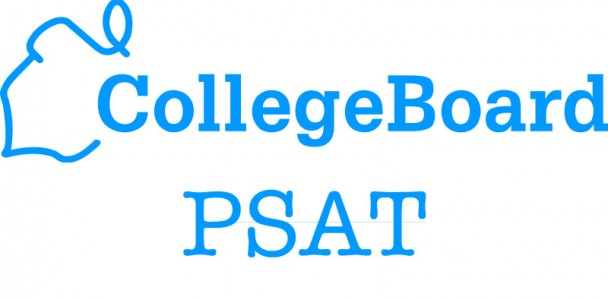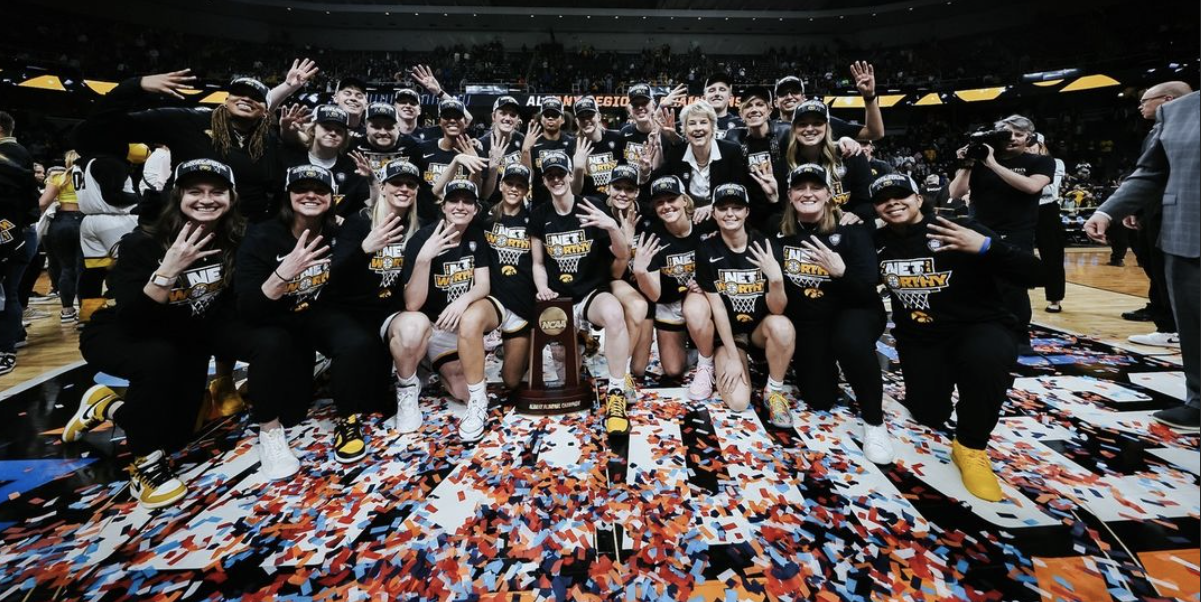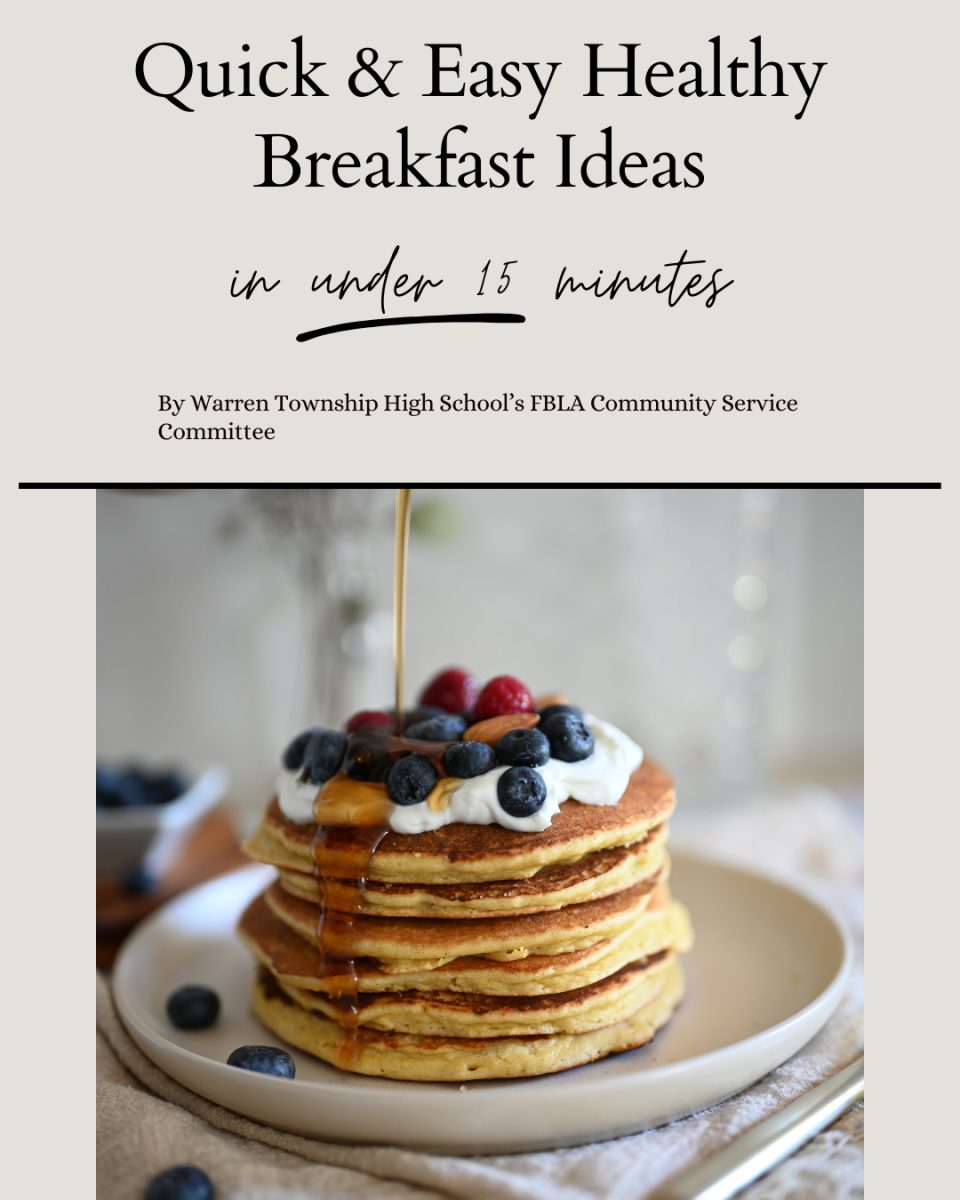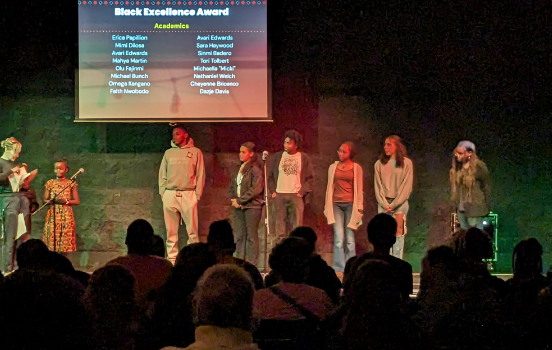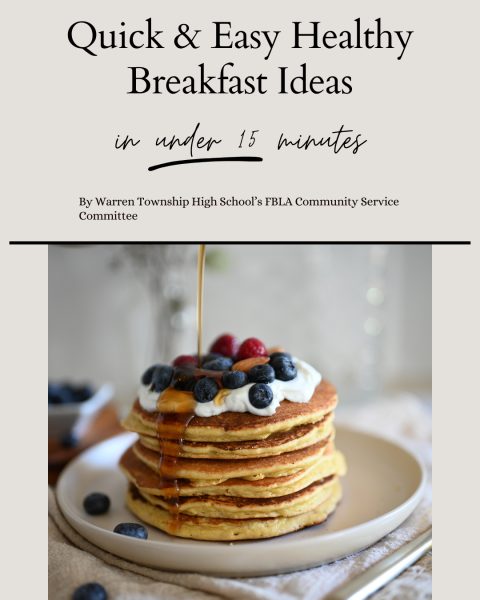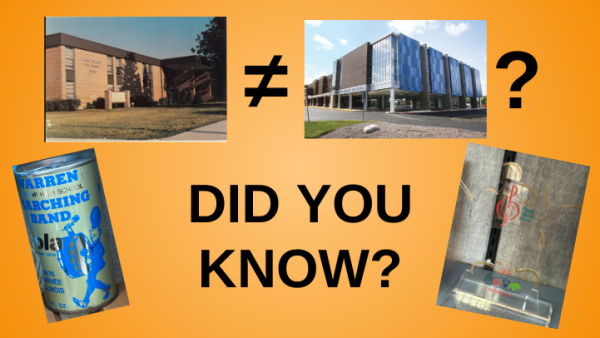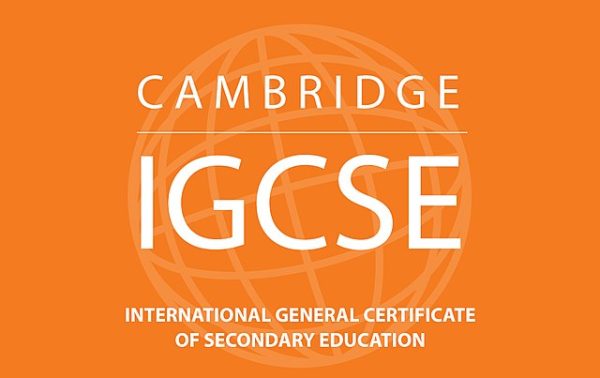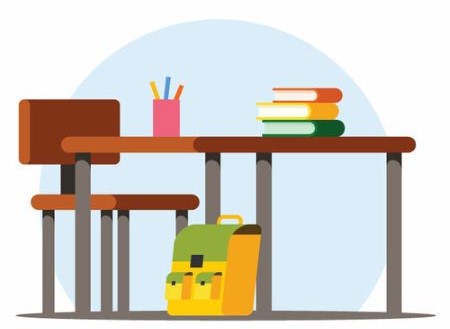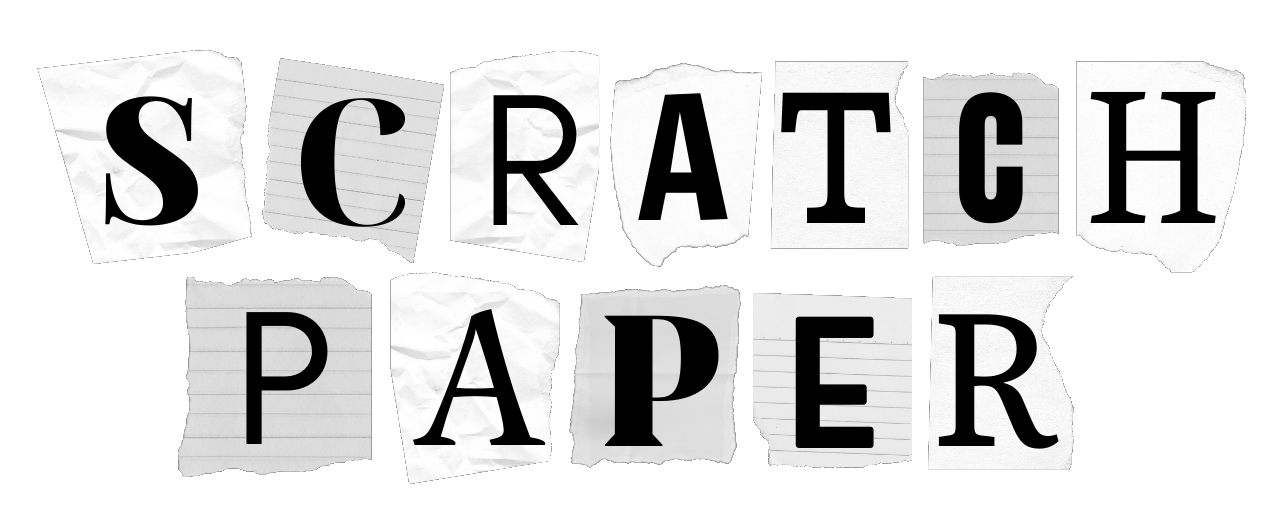PSAT/NMSQT Test Preparation and Information
October 28, 2019
The PSAT/NMSQT is a qualifying standardized test that juniors will take on October 16th. This difference between this PSAT and previous PSAT’s that students took as a freshman or sophomore is that the score that you receive can potentially enter you as a contestant to receive a National Merit Scholarship. The top 50,000 scoring students are considered as a commended student (34,000) or a semifinalist (16,000), each proportionally selected based on the state population. Approximately 95% of all semifinalists are named national merit finalists (15,000) after achieving a qualifying SAT score, maintaining certain academic requirements, and submitting an application to become a finalist. Finally, 8,200 finalists are awarded scholarships by NMSC or sponsoring colleges/corporations. Special scholarship recipients don’t need to be finalists and are selected by choosing the 1,500 students who meet the eligibility criteria established by corporate sponsors.
If you are interested in receiving any of these scholarships, the College Board highly suggests that you put some time into studying for the test. I have personally found many resources that are available to get you the score that you deserve. There are many websites that are useful in improving your score that also have the added benefit of not weighing down your wallet. One option recommended by the official College Board is Khan Acadamy. Khan is directly linked with your scores from the PSAT 10, so you can work on the skills that you did not score well on. With every practice question specifically tailored to you, it is an easy way to make significant progress before the PSAT. Another helpful resource that can help increase your score is Naviance. Naviance has especially helpful practice quizzes that are nearly identical to the test in October. There are also many non-online resources that cost money, such as SAT practice books that tend to help give that extra boost to your score. The official SAT book is heavily recommended by former SAT takers and I have personally found the Ivy Global SAT book to be helpful as well. Of course, these resources won’t help overnight, as it is important to be practicing either daily or weekly prior to the exam. Remember that effort guarantees a result and practice makes progress.
To further research effective studying tactics to improve test scores, I reached out to Ainsley Hanner, Warren’s sole National Merit Semi-Finalist from last year, about her experience. Ainsley received a 1470 on the PSAT and a NMSC selection index, which is what they use to determine semi-finalists and commendations, of 221. When asked about her study habits, she responded, “Using Khan Academy was the main way I studied. The summer before my junior year I tried to practice at least once or twice a week, and it’s nice that you can use your previous PSAT results to make the practice more specific to your weaknesses. I also ended up following College Board on Instagram which is helpful because you get information, advice, and reminders from the organization that’s creating the test. They also post a practice question every Friday so I could study a little bit just looking at my feed.”
She also told me that she used the same strategy for studying for the actual SAT, which she received a 1490 on. But how do you manage time while studying for the SAT and PSAT? Ainsley had an answer for me. “It’s definitely a good idea to work a little at a time. Doing the 10 minutes of practice a day over the summer, or even 30 minutes twice a week, allowed me to get used to the questions that would likely be asked on the tests without the practice becoming a chore. It was quick and easy to do. If you are able to take a practice test at some point before you take the actual exam, I think that can also be helpful even though it’s more time-consuming. Sitting and taking a test for 3 or 4 hours is not fun, but taking the time to do it can almost build mental stamina and make the day of the test a little easier.”
I knew that while studying content for the PSAT and SAT weeks in advance was important, it was also vital to have a study plan for the night before the test. Ainsley said she “did a little bit of practice on Khan Academy but only about an hour because I didn’t want to stress myself out or feel overwhelmed. After that, I tried to just have a calm night and rest my brain a little bit. I only did the homework due in the classes that were after the test the next day and I tried to go to bed earlier than I normally do. I would say that’s probably a good idea for other students to do, give your brain a good rest the night before and just try to have a calm, positive outlook.”
She also gave really good advice for students about testing strategies to use while taking the actual tests. “A strategy that I always use is that if I work on a problem for a minute or so and I just don’t understand it or I don’t feel confident, I move on. I make sure to circle it in my test book and if I have a shaky answer I put it down, but then I keep going. Focusing on a question that I’m not sure about usually just makes me frustrated and wastes time, and sometimes by the time I come back to it, I’ve remembered something or will notice a detail I missed in the question that actually makes the question a little easier. My biggest, biggest, biggest piece of advice is that on the math section, you should absolutely do the short answer questions first. If you realize you’re running out of time and get stuck on one of these questions, you’re a lot less likely to get it right with a guess than you are with the multiple-choice questions. It seems like common sense, but I feel like a lot of people forget that you don’t have to do the questions in order. You can skip around within a section as much as you want.”
Ainsley seemed really enthusiastic about having received such a high honor award. “Honestly I was a little surprised. I really wanted to be a semi-finalist, but to me, a 1470 on the PSAT didn’t seem high enough to get me there. Warren and Illinois in general, especially in our area, have a lot of high-achieving students and you have to do really well on the PSAT to get an award like this, so I’m really honored. I think there are a lot of people at Warren alone who also deserve to be recognized this way, so it means a lot to be able to represent the amazing teachers, students, and administrators that make Warren the great school that it is.”
I believe that Ainsley’s tips are extremely helpful; however, not everything that she reccomended works for everyone. You may be a better hands on learner or a visual learner, so studying with other people or making your own study guide for the test may be extra beneficial along with her tips. If you use these study habits along with whatever extra help you need, you have a guarenteed improved score.



